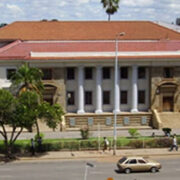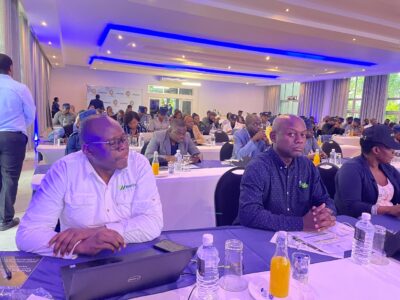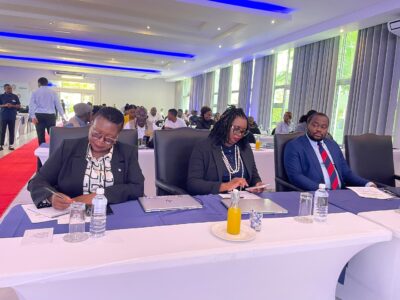By Ross Moyo
Zimbabwe has been confirmed to have Reliable food security statistics which are essential for informed decisions on food access, quality, and affordability.Commenting on the interconnectedness, Astrid Mathiassen from Statistics Norway explained that “access” involves economic and knowledge-based means of obtaining food, while “utilization” relates to how households make use of available food and their ability to absorb necessary nutrients.
Locally in Zimbabwe as well as neighboring Malawi and Zambia, the project has built NSO capacities, created food security fact sheets, and established reliable poverty and food security data.
Owen Siyoto, Food Security Statistics Program Coordinator at COMESA, noted that these statistics guide policies, enhance regional integration, and foster resilience to supply shocks.
“The project’s contribution to this is that more statistics will be produced from household surveys to be used for better policies and implementation of actionable policies and effective projects,” Mr. Siyoto said, adding that, “Nutritional statistics reveal demand patterns, guiding investments in crops and sectors that address regional dietary needs.”
In Zimbabwe, the project has modernized data collection methods by transitioning from the diary method to a seven-day recall approach, reducing participant burden and costs. This shift, paired with increased capacity in data analysis, will enable Zimbabwe to integrate food security metrics into its standard statistical production.
Somalia also benefited from strengthened NSO skills in data collection and analysis, allowing for more accurate tracking of food security trends.
Recognizing this, a regional collaboration between the Common Market for Eastern and Southern Africa (COMESA) and Statistics Norway, funded by the Norwegian Agency for Development Cooperation (Norad), has supported eight African nations in strengthening their food and nutritional security through enhanced capacity building in processing and analysis of from Household Consumption and Expenditure Surveys (HCES) data.
The project, launched in 2020, focuses on enhancing the capacity of National Statistical Offices (NSOs) to produce food security statistics through HCES. Training workshops have equipped NSO staff to collect, process, and analyze data effectively.
The project also helped to develop new guidelines for processing food consumption data from HCES which the United Nations Statistical Commission endorsed in March. The project is further developing e-learning materials to support these standards.
Hilde Orderud, Senior Adviser at Statistics Norway, said this data would inform both national and regional policy planning.
“Food security is high on the global agenda and has been so for a while. This is among other reasons, related to climate change,” said Ms. Orderud during a side event on “Food Statistics and Analysis from Household Expenditure and Consumption Surveys”, during the 2024 Statistics Commission.
“NSOs will be able to produce new statistics with already collected data which is very cost-effective and the data is processed once which is more efficient and also improves quality,” she said, commenting on the importance of the project.
Although approaches to Food Security consist of tackling four key pillars: availability, access, utilization, and stability. This project mainly focuses on the issue of access.
The United Nations Economic Commission for Africa was Established by the Economic and Social Council (ECOSOC) of the United Nations (UN) in 1958 as one of the UN’s five regional commissions, the United Nations Economic Commission for Africa’s (ECA’s) mandate is to promote the economic and social development of its Member States, foster intraregional integration and promote international cooperation for Africa’s development. ECA is made up of 54 Member States and plays a dual role as a regional arm of the UN and as a key component of the African institutional landscape.













Comments